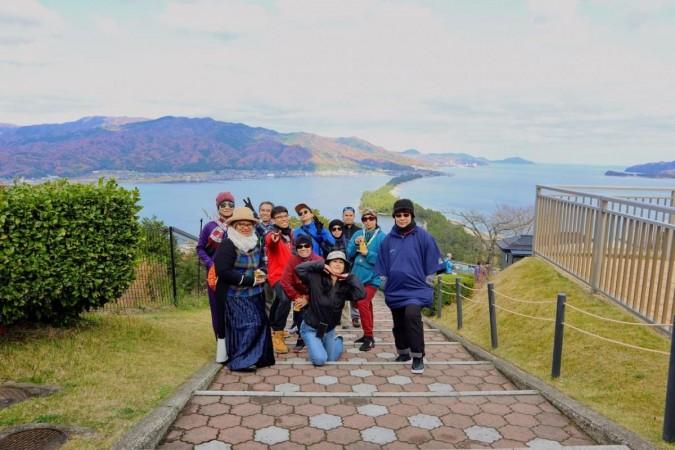For the first time in two years, Japan on Friday reopened its borders to some foreign tourists as it continues to take steps to increase inbound tourism to support the economy as concerns over the Covid-19 pandemic ease.
The government initially opened its borders to tourists from 98 countries and regions on guided tours, with the countries and regions deemed eligible owing to their low risk of Covid-19, reports Xinhua news agency.

Such countries include the US, Britain, China, South Korea, Indonesia and Thailand.
Foreign visitors from this group are exempt from Covid-19 testing upon arrival in Japan and do not need to quarantine for any period of time.
This applies to travellers even if they are unvaccinated against the virus.
The cap, however, is for 20,000 foreign visitors to be allowed into the country per day.
Towards the end of June, the government has said that it expects full-scale tourism to resume, although it remains concerned about a possible spike in infections as more foreign guests arrive from overseas.

In April, the estimated number of foreign visitors to Japan was down 95.2 percent from the same month in 2019 at 139,500 people, the government said in May.
Japan's strict border controls have been heavily criticized by educational institutions and business lobbies as being unnecessarily draconian. In a shift of pace, Japan is now looking to bring its border protocols in line with other G7 major nations.
Business leaders have called on the government to gradually reopen to inbound tourists to help revive the pandemic-hit economy, and Prime Minister Fumio Kishida has given assurances that Japan will ease border controls "in stages" to bring them on par with other G7 nations.















